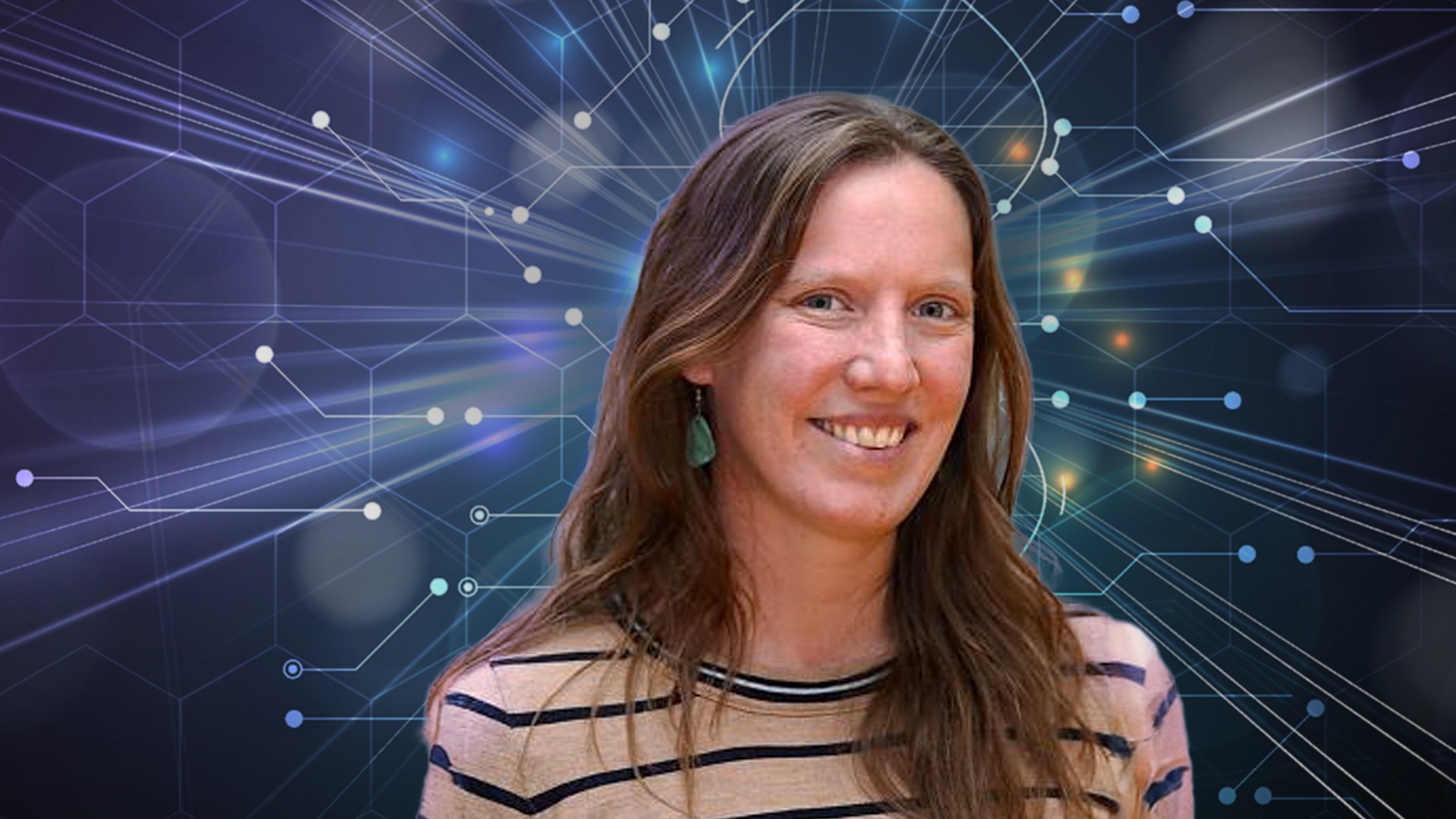New DDLS Fellow: Kelly Swarts
Meet Kelly Swarts (SLU), our latest SciLifeLab & Wallenberg National Program for Data-Driven Life Science (DDLS) fellow, in our lates Q&A-style article. Kelly will be joining the DDLS Evolution and biodiversity research area.
The interface between humans and their environment has always fascinated Kelly. Her bachelors degree in Forest Ecology and Anthropology (University of Michigan), masters in Archaeology (Northern Arizona University), PhD in maize quantitative/population genetics and computational biology (Cornell University), and postdoctoral studies in ancient DNA (Max Planck for Developmenal Biology), have alll contributed to, and enabled, development of the project that she started as a group leader at the Gregor Mendel Institute/Max Perutz Labs and now, further will develop as a DDLS fellow.
How do you think your expertise can contribute to the program?
My diverse background allows me to integrate insights and developments across disparate fields.
Shortly describe your research in an easy to understand way.
Conifers have been successfully adapting to changing climates over the past 250 million years, resulting in high genetic diversity and broad environmental ranges. However, long generation times combined with the greatly increased rate of climate change globally challenges trees’ ability to adapt, resulting in weakened individuals and eventually stand loss due to, e.g., catastrophic fire or disease. We use quantitative, computational and population genetic approaches in forests across Europe to understand the biological basis of climate adaptation in conifers, and, in applied context, predict individuals that can make locally adapted populations more resilient to changing climate.
How do you think the program and interactions with the other DDLS-Fellows will benefit you?
It’s a really great group of people with very diverse but complementary specialities and interests. I hope that the DDLS program will allow for interactions that wouldn’t otherwise happen, and that will lead to fruitful collaborations.
Name one thing that people generally do not know about you.
Like small children everywhere, I’m a big fan of backhoes. For me, though, this is a result of countless hours watching them on archaeological sites in the deserts of southern Arizona, where we used them to identify preserved remains of past people’s lives.
Where do you see yourself in five years regarding the DDLS aspect?
I hope that we are able to reliably predict any individual tree’s response to any environment.
In one word, describe how you feel about becoming a DDLS-Fellow.
Pleased.





